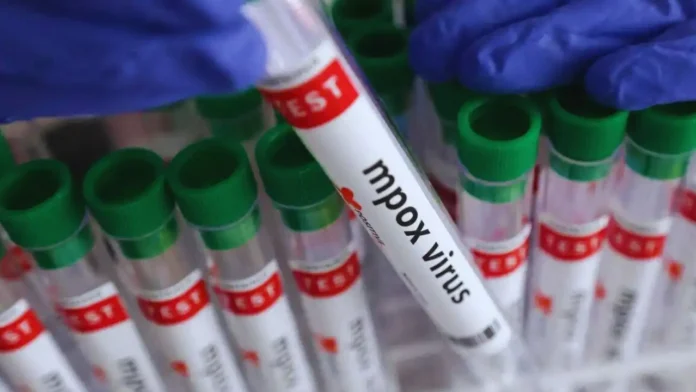In a landmark move, the World Health Organization (WHO) has officially prequalified the first vaccine, the MVA-BN vaccine, to combat mpox (formerly known as monkeypox).
With mpox cases rising worldwide, including a surge in countries like Pakistan, this development is expected to dramatically enhance access to the vaccine in regions with an urgent need, particularly in areas facing active outbreaks.
WHO’s prequalification of the MVA-BN vaccine represents a significant milestone, as it will facilitate timely global distribution, ensuring that vulnerable communities can quickly receive the protection they need.
This decision, which was made based on rigorous assessments of data submitted by the vaccine’s manufacturer, Bavarian Nordic A/S, was further bolstered by the European Medicines Agency’s approval, making it the regulatory benchmark for the vaccine.
The MVA-BN vaccine is designed for adults over the age of 18 and is administered in two doses, spaced four weeks apart.
The vaccine, after being stored in cold conditions, can be kept at temperatures between 2°C to 8°C for up to eight weeks, making it suitable for various distribution environments, particularly in low-resource settings.
This flexibility is crucial for ensuring widespread access, especially in regions struggling with limited healthcare infrastructure.
As the mpox virus continues to spread, Pakistan has reported its fifth confirmed case. Health officials in Khyber Pakhtunkhwa (KP) announced that a 33-year-old male from Peshawar tested positive after returning from Saudi Arabia.
According to KP Health Minister Qasim Ali Shah, the patient was diagnosed at Khyber Teaching Hospital and is currently in isolation at his home in Lower Dir. The health authorities are closely monitoring the situation and taking necessary precautions to prevent further transmission.
In response to the growing number of cases, the National Institutes of Health (NIH) in Pakistan has issued an advisory to raise awareness about the global mpox outbreak. The advisory urges the public to remain vigilant, practice preventive measures, and report any suspected cases promptly.
The government is actively coordinating efforts to prevent the virus from spreading further, including enhancing diagnostic capabilities and ensuring healthcare providers are well-informed.
With the WHO’s prequalification of the MVA-BN vaccine, the global community is now better equipped to address the escalating mpox outbreak. However, equitable distribution and prompt action remain critical in ensuring that vaccines reach the most affected populations, particularly in developing countries like Pakistan, where healthcare resources are often strained.




